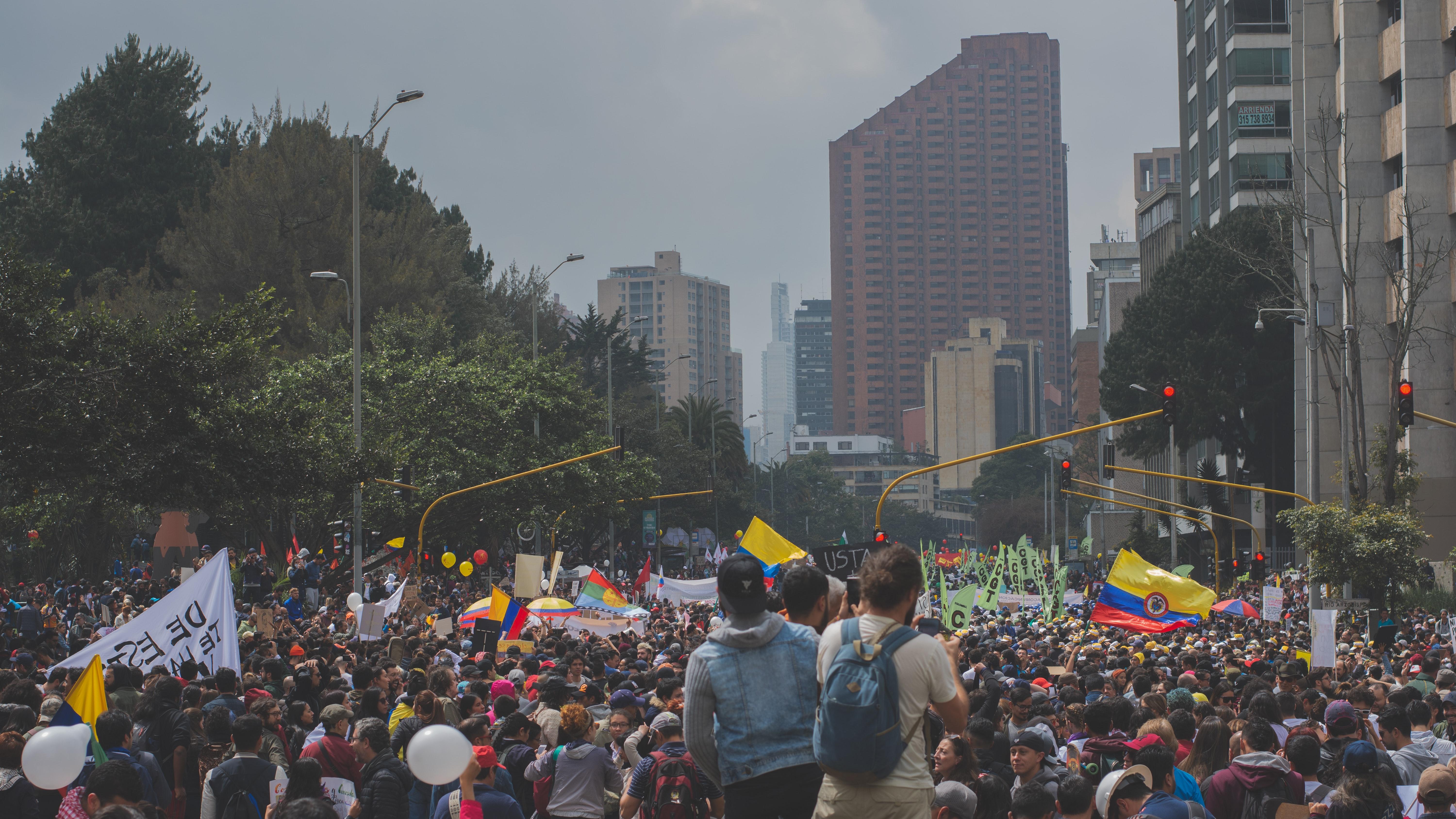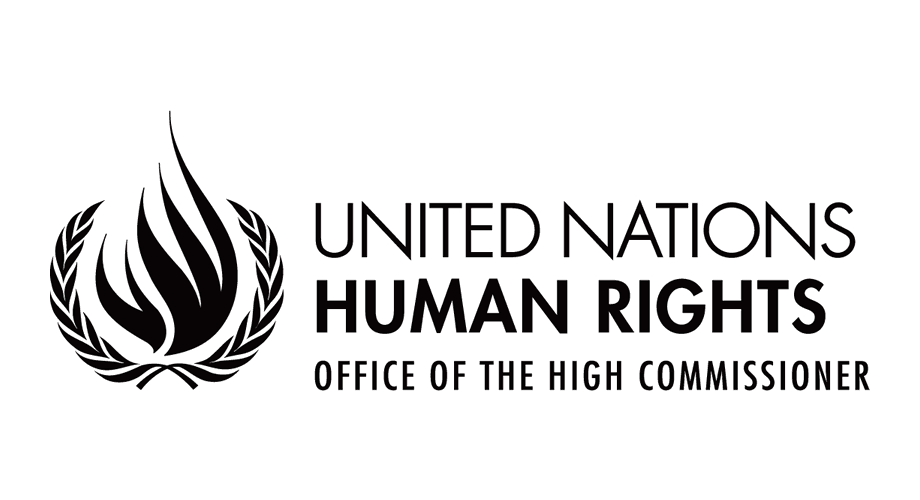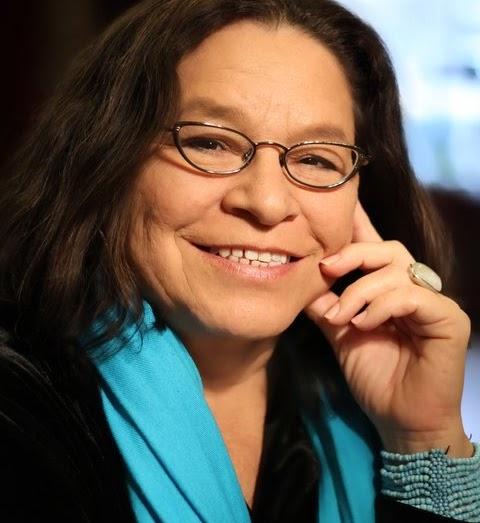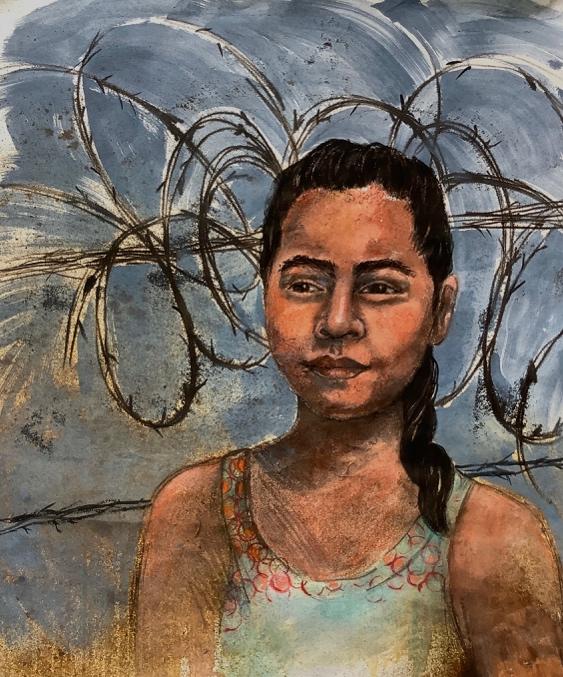- Home
- About Us
- Issues
- Countries
- Rapid Response Network
- Young Adults
- Get Involved
- Calendar
- Donate
- Blog
You are here
Afro-Descendant & Indigenous: News & Updates
News Article
February 28, 2021
WOLA (Washington Office on Latin America) summarizes recent human rights cases in Colombia from the past several weeks including murders of social leaders, violence and threats towards Indigenous and Afro-Colombian elders and social leaders, violence of paramilitary towards individuals and in Indigenous territories, and continued fighting of paramilitary groups in Buenaventura, the large port city on the Pacific coast. The city’s majority Afro-Colombian population lacks access to necessities like clean water, decent jobs, and educational opportunities. Residents are calling for major policy changes to address both the current conflict and underlying issues.
News Article
February 25, 2021
Widespread violence continued to impact Colombia’s most vulnerable and marginalised communities and social groups in 2020, according to the annual report on the country by the United Nations High Commissioner for Human Rights (OHCHR). The report also found alarming levels of inequality, with women badly affected, and lack of access to essential services, with some regions lacking clean water and medical care. In many instances, the Colombian state has failed to address security and humanitarian concerns, particularly in regions long impacted by conflict, structural poverty and historic state abandonment. The global pandemic also impacted on the human rights of the population. Among its recommendations, the OHCHR prioritised full implementation of the peace agreement in addressing the endemic violence which has claimed hundreds of lives since late 2016.
Event
February 20, 2021
Show up to show Cleveland's support for the workers at Amazon (Bessemer, Alabama) who are currently voting whether to unionize. Gather at 12noon, West Blvd/Cudell Rapid Station, 10108 Detroit Ave., Cleveland 44102. March and car caravan to the new Cleveland Amazon Hub 10801 Madison Ave. Cleveland, OH 44102. These predominantly Black workers who have in recent months formed the BAmazon Workers Union, are on the cusp of launching a history-changing workers organization against one of the biggest and most powerful transnational corporations in the world. Let's show our solidarity with these workers.
News Article
February 13, 2021
Colombian President Iván Duque on February 8th decreed that all Venezuelans who arrived in the country before January 31 may receive a “Temporary Status for Venezuelan Migrants” (ETPV) allowing them to stay in the country for 10 years, to work legally, and to access health and education services, including COVID-19 vaccines. El Tiempo revealed a February 6 communication that the Cuban embassy in Colombia shared with the Colombian government, the chief of the UN Verification Mission, and two Catholic Church representatives. It reads: “Our embassy received information, whose veracity we cannot assess, about an alleged military attack by the Eastern War Front of the ELN in the coming days. We have shared this information with the ELN peace delegation in Havana, which expressed total ignorance and reiterated the guarantee that it has no involvement in the organization’s military decisions or operations.” In Buenaventura, the port that accounts for 70 percent of Colombia’s import-export activity, a paramilitary-derived gang that briefly dominated criminality in the city, “La Local,” underwent a December schism into two factions, the “Chotas” and the “Espartanos.” Daily street fighting has ensued, leaving much of the city’s 400,000 people in the crossfire. Estimates of the toll so far in 2021 range from 20 to 52 killed, and 112 to 1,700 families displaced.
News Article
February 13, 2021
In Buenaventura, the port that accounts for 70 percent of Colombia’s import-export activity, a paramilitary-derived gang that briefly dominated criminality in the city, “La Local,” underwent a December schism into two factions, the “Chotas” and the “Espartanos.” Daily street fighting has ensued, leaving much of the city’s 400,000 people in the crossfire. Estimates of the toll so far in 2021 range from 20 to 52 killed, and 112 to 1,700 families displaced.
RRN Letter
February 11, 2021
Unknown men arrived at the home Julio David González Arango and shot him. Why? Julio González is a member of a movement called the Peaceful Resistance which for the past decade has been actively organizing opposition to the environmental harms caused by the Escobal silver mine, owned by the Canada-based multinational Pan American Silver. Fortunately, Julio González survived. But the very next day, two other members of the environmental resistance movement received death threats by text message: "you will be next." IRTF wrote to authorities in Guatemala, urging that they 1) conduct a complete, independent, and impartial investigation into the assassination attempt and death threats, publish the results, and bring those responsible to justice; 2) ensure that Pan American Silver respects a 2018 order of the Constitutional Court to halt mining operations and puts a stop to all its public relations work that is increasing tension in the region and is contributing to the insecurity of the residents. IRTF is also among 195 organizations from across the Americas that signed a letter directed at the leadership of Pan American Silver.
News Article
February 11, 2021
Social organizations based in the city of Buenaventura, Colombia’s largest Pacific port, have warned of a deteriorating humanitarian situation due to the presence of paramilitary groups and increased violence against residents.
News Article
February 7, 2021
Colombia’s largest port city, Buenaventura, saw a 200 percent increase in homicides in January, compared to the same time period last year. The killings are attributed to deep-rooted problems: state abandonment, systemic racism, and a lack of concerted investments in Afro-Colombian communities.
News Article
February 3, 2021
“I Come from a People Who…” is a series of events with Native author, playwright and poet Marcie Rendon that weaves together the themes of the 2021 Humanities Festival and the 40th anniversary of community organization InterReligious Task Force on Central America and Colombia: identity, memory and resistance.
Event
October 20, 2020 to January 30, 2021
The spirit of IRTF’s 40th anniversary theme, Memory and Resistance, is seen and felt in the juried artwork expressing contemporary justice issues of our time. The artwork honors the memories of past and present advocates on whose shoulders we have stood and who inspire us to envision a world of peace and dignity for all. Inspired by the martyrdom of Cleveland women Jean Donovan and Sister Dorothy Kazel in El Salvador in 1980, we will highlight, celebrate, and commemorate our collective legacies of resistance with a series of Memory and Resistance programming over the next year.





